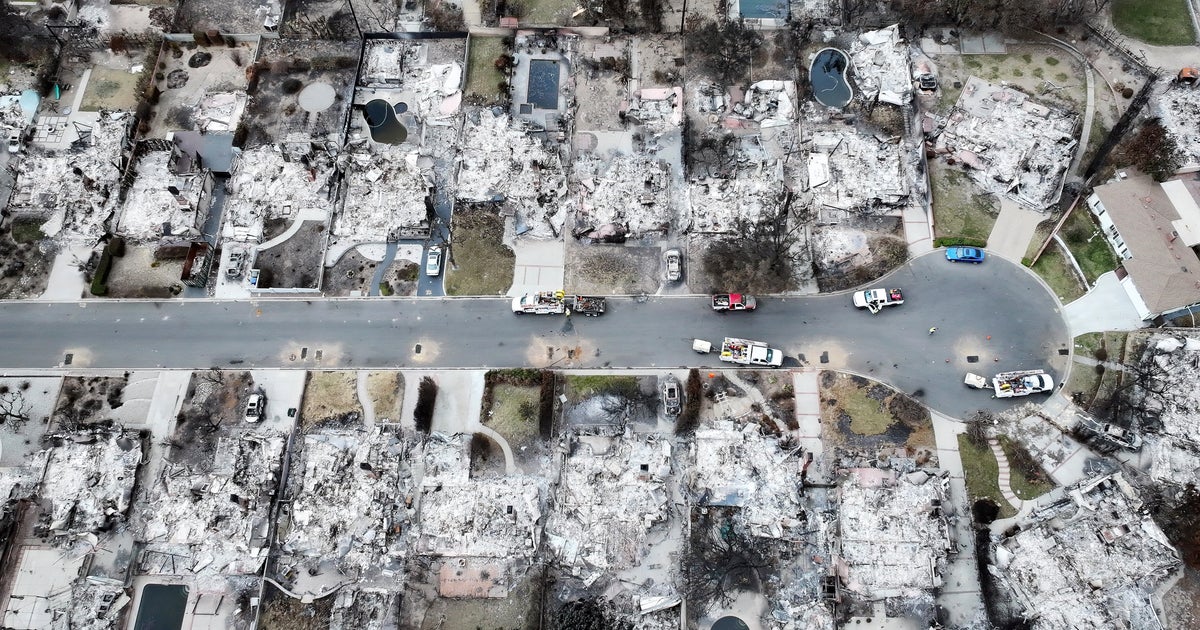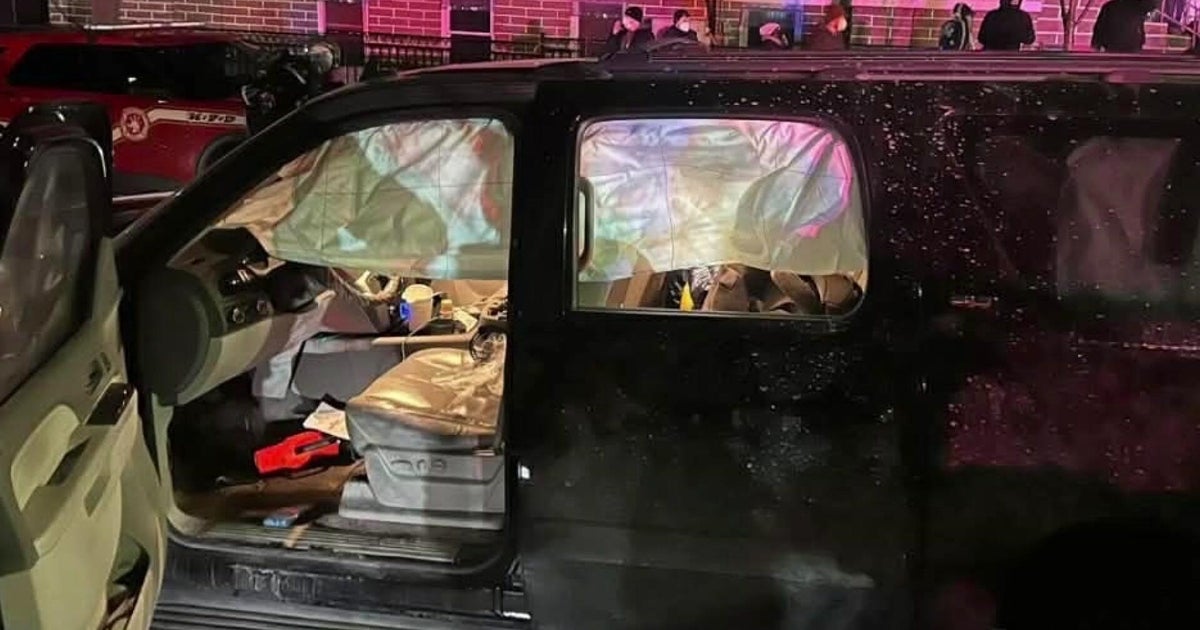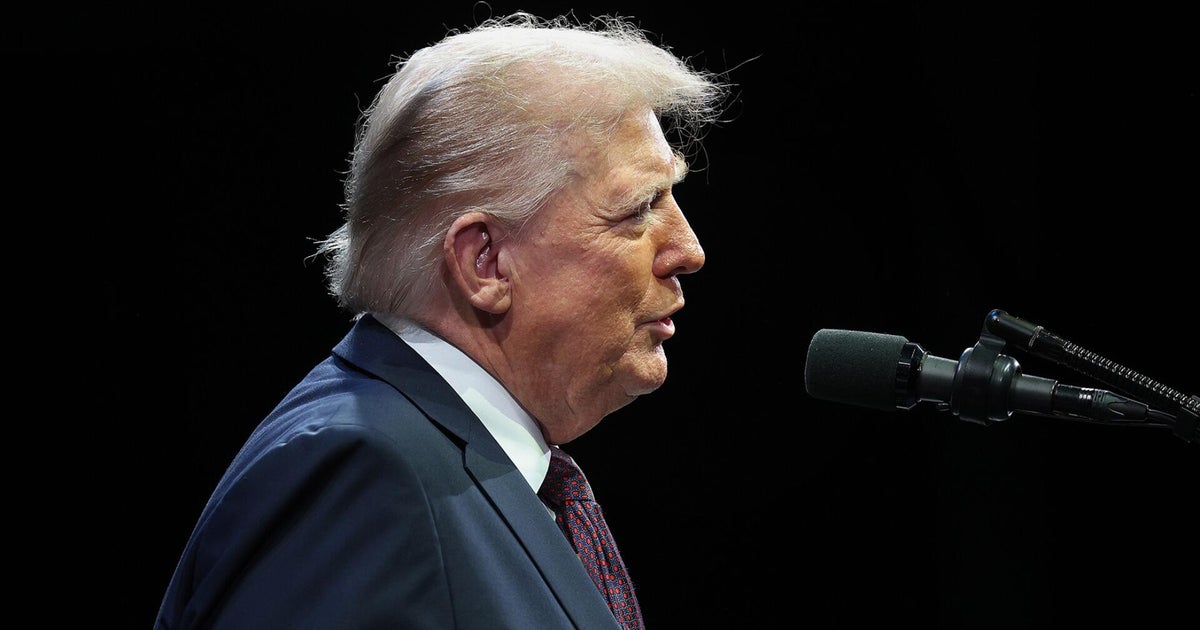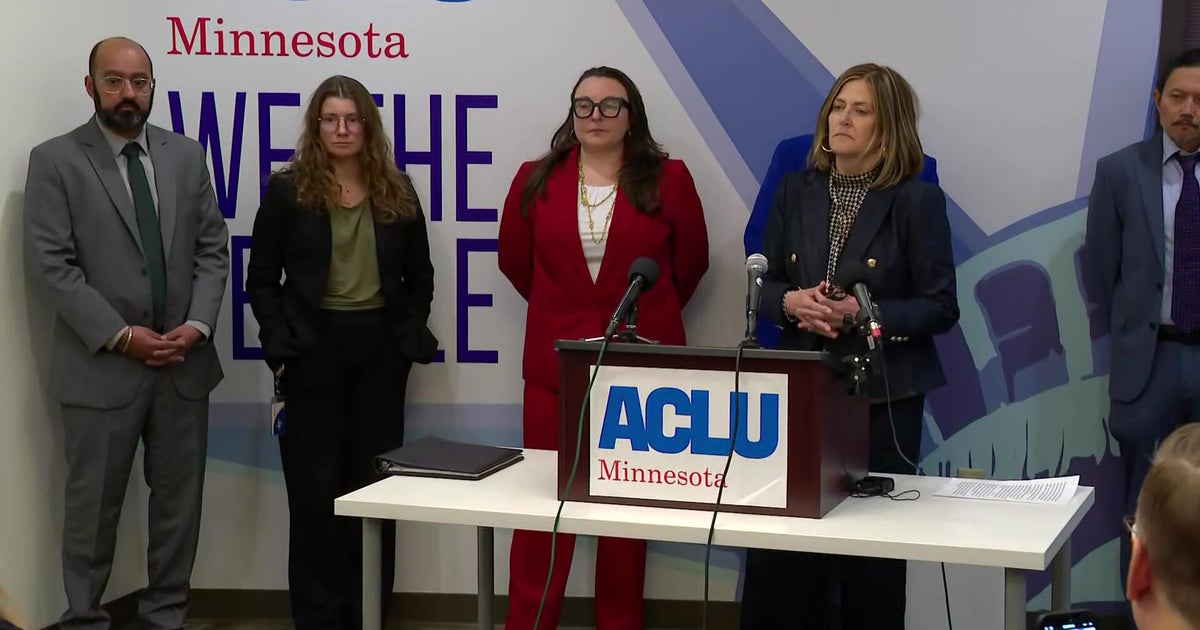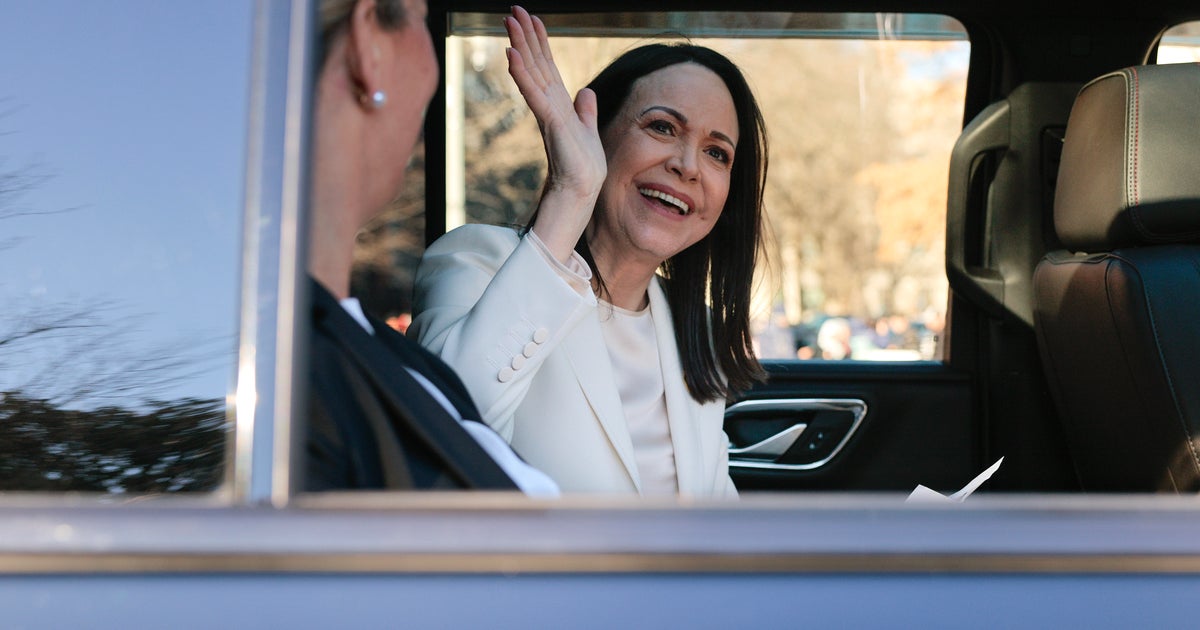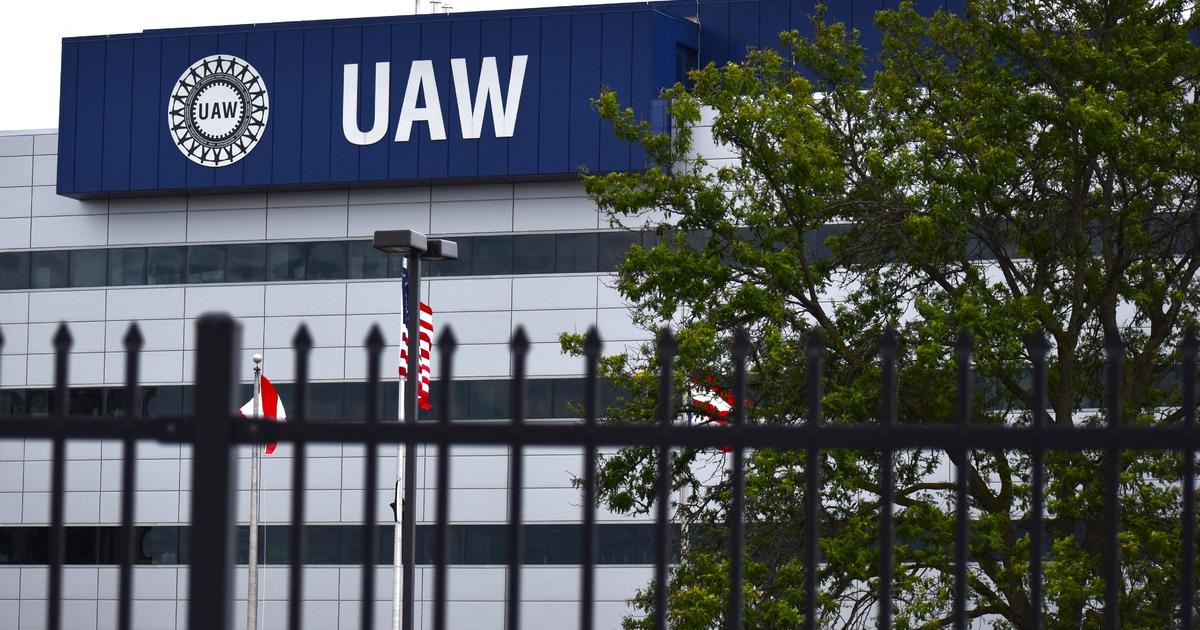President Trump Says He Is Halting FEMA Wildfire Aid To Calif.
LOS ANGELES (CBSLA/AP) – President Donald Trump announced Wednesday that he has ordered the Federal Emergency Management Agency to stop sending wildfire relief money to California.
In an early morning tweet, Mr. Trump blamed the state's forest management for its recent slew of historically-large wildfires which have leveled entire communities up and down the state.
"Billions of dollars are sent to the State of California for Forrest (sic) fires that, with proper Forrest (sic) Management, would never happen," Mr. Trump wrote. "Unless they get their act together, which is unlikely, I have ordered FEMA to send no more money. It is a disgraceful situation in lives & money!"
Mr. Trump misspelled "forest" twice in the tweet. About 30 minutes later, Mr. Trump deleted the tweet and resent it with the proper spelling.
FEMA has so far approved 6,646 applications and more than $48.7 million in aid related to the Woolsey Fire and the Camp Fire, according to the agency's website. FEMA grants do not have to be repaid and are non-taxable.
Late Tuesday, FEMA announced that the deadline to apply for aid had been extended from Friday, Jan. 11, to Jan. 31. It's unclear how Mr. Trump's supposed new order could affect those applications. FEMA did not immediately respond to a request for comment from CBS2.
"Disasters and recovery are no time for politics," new California Gov. Gavin Newsom tweeted Wednesday in response to the president.
"Mr. President -- Just yesterday, @OregonGovBrown, @GovInslee, and I sent a letter asking the federal government to work with us in taking on these unprecedented wildfires. We have been put in office by the voters to get things done, not to play games with lives."
Going back to last summer, Mr. Trump has repeatedly criticized California officials, alleging they are at fault for not doing enough to prevent the wildfires and threatening to withhold federal funding.
This latest criticism comes one day after Newsom outlined a $105 million plan in new fire-related spending, on top of $200 million approved by lawmakers last year.
California suffered a particularly devastating fire season in 2018. The Camp Fire broke out Nov. 8 – the day after Newsom won the election – and leveled the Northern California town of Paradise, destroying about 14,000 homes and killing 86 people, making it California's deadliest fire in state history.
On that same day, Nov. 8, the 97,000-acre Woolsey Fire broke out south of Simi Valley. It then jumped the south side of the 101 Freeway near Calabasas and spread into Malibu. The fire destroyed more than 1,500 structures and was responsible for three deaths.
An Oak Park family, whose backyard and roof were scorched by the Woolsey blaze were concerned after hearing about a possible halt in FEMA funding.
"It's a little scary not knowing if we're gonna get the money we need to make all the repairs to make us whole again to the way it was before," Linda Ridnor told CBS2.
Last August, the Mendocino Complex – made up of two fires – burned some 1,100 homes in and around the Redding area and killed eight people. It is the largest fire in California state history, burning more than 459,100 acres.
In December of 2017, the Thomas Fire broke out near Thomas Aquinas College in Ventura County. It burned more than 281,000 acres in Ventura and Santa Barbara counties over about six weeks. Two people were killed, including a state firefighter. The flames destroyed more than 1,000 buildings.
Newsom said Tuesday he'll invest millions to develop better communications strategies and improve emergency alert systems with the goal of bringing "more consistency" to the system.
He'll also put $10 million toward digitizing the state's 911 system, which is still analog. But he said a full digitization will likely require a fee on consumers, something the Legislature tried and failed to pass last year.
Republicans are interested in modernizing the 911 system, he said, but in last year's debate, felt it could be done with existing money rather than a new fee on consumers.
Newsom said he won't try to enact the fee this year, but he hopes it will be in place by 2020. Raising taxes or fees requires approval from two-thirds of lawmakers, a high hurdle.
He'll outline the specifics of the $305 million investment in his budget due this week, but the bulk will go toward forest management and fuel reduction already approved by lawmakers. The rest will go toward buying new fire engines to pre-deploy in fire prone areas, improving camera technology to monitor fire threats, fixing up firefighting aircraft, investing in firefighters' mental health and boosting the California Conservation Corps, which helps with firefighting, he said.
Also on Tuesday, Newsom signed executive orders to speed up the state's procurement process for firefighting technology and gave state agencies 45 days to draft a report outlining policies and regulatory changes that could aid in firefighting and response.
(© Copyright 2018 CBS Broadcasting Inc. All Rights Reserved. The Associated Press contributed to this report.)


